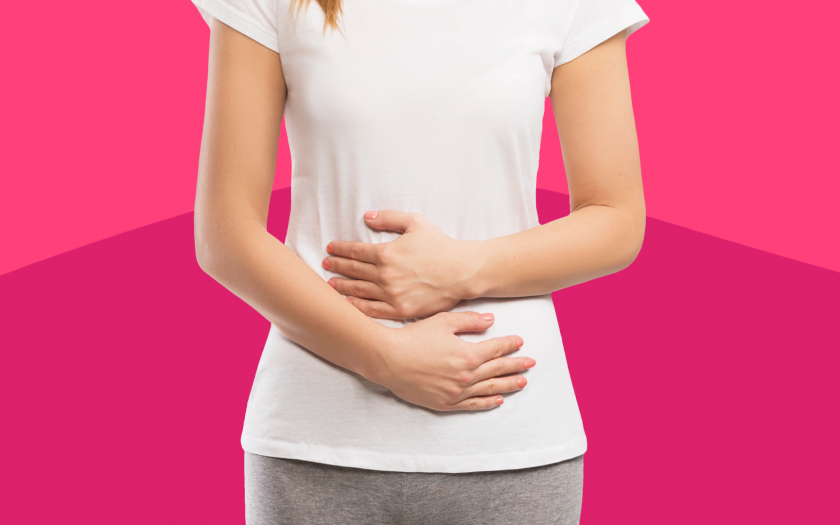With endometriosis, it is recommended to eat often and eat the optimal amount of food. A balanced diet involves 4-5 meals a day. The most important thing is that the intervals between meals were the same.
All foods are best steamed or stewed. This allows you to keep in food all the nutrients that can be lost at high temperatures. Vegetables and fruits are best eaten raw. Vegetables and fruits can be frozen so that there is always healthy food at home.
With endometriosis, you need to add more foods to your diet that increase progesterone secretion. Add fiber sources (such as broccoli, zucchini and cabbage) to your diet to reduce estrogen secretion. Fiber has a calming effect on the body and normalizes digestion. To balance your fiber intake, add extra fiber (brown rice, grains) to your menu.
Wheat and oat bran are a source of energy. They regulate the amount of fatty acids in the body and the concentration of cholesterol. Women with endometriosis should eat foods with omega-3 fatty acids. They regulate many metabolic processes. These fatty acids are found in walnuts, fatty fish, vegetable oil and pumpkin seeds.
With endometriosis, add the following foods to your diet:
- Raw vegetables. It is a source of fiber. In addition, vegetables help create an alkaline environment in the body. They prevent the reproduction of harmful microorganisms. With endometriosis, you need to eat enough zucchini, carrots, beets, red peppers. Dark green leafy vegetables are also helpful.
- Fruit. They contain sucrose, so it is best to eat them before lunch. It is worth choosing seasonal fruits, they are rich in valuable nutrients.
- Unsaturated fats. Eating natural fats helps a woman not only to be healthy, but also to maintain beauty. Unsaturated fats also help relieve menstrual pain. The weekly menu should include fatty fish (salmon, mackerel, sardines), nuts and flax.
- Foods that lower estrogen levels. Such properties have food with vegetable styrene (garlic, peas, celery, seeds, pumpkin and celery).
- Broccoli and cauliflower. These cabbages improve the functioning of the gastrointestinal tract and liver, as well as stabilize hormones.
- Vitamin C. This vitamin increases the body’s defenses against pathological disorders. Vitamin C is found in rose hips, cranberries, citrus fruits, red peppers and strawberries.
With endometriosis, it is useful to drink not only clean water but also natural juices. The most effective juices are mango, pineapple, papaya and dark grapes. Unsweetened and non-carbonated liquid helps to remove harmful elements from the body. You can also drink compotes, fruit drinks, herbal tea and still mineral water.
Include leafy vegetables, lentils, beans, ginger, rhubarb, yogurt and green tea in your diet. Regular consumption of these foods will strengthen your immune system and help you cope with endometriosis.
With endometriosis, it is not recommended to eat food with refined carbohydrates, because their nutritional value is almost completely absent. If there is a need to consume honey, you need to choose a quality product. Remember that proper nutrition will help lower estrogen levels and stabilize hormones.

